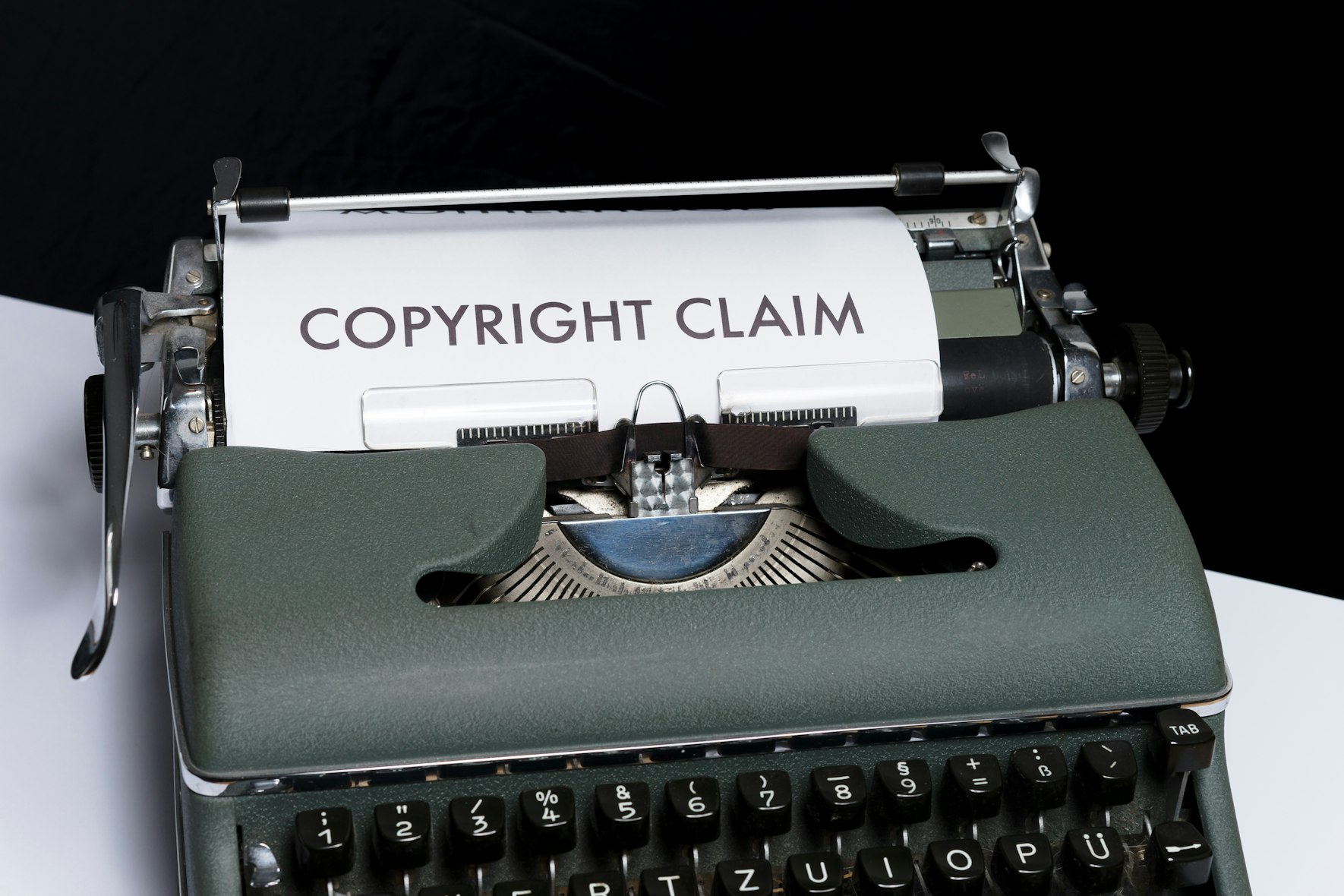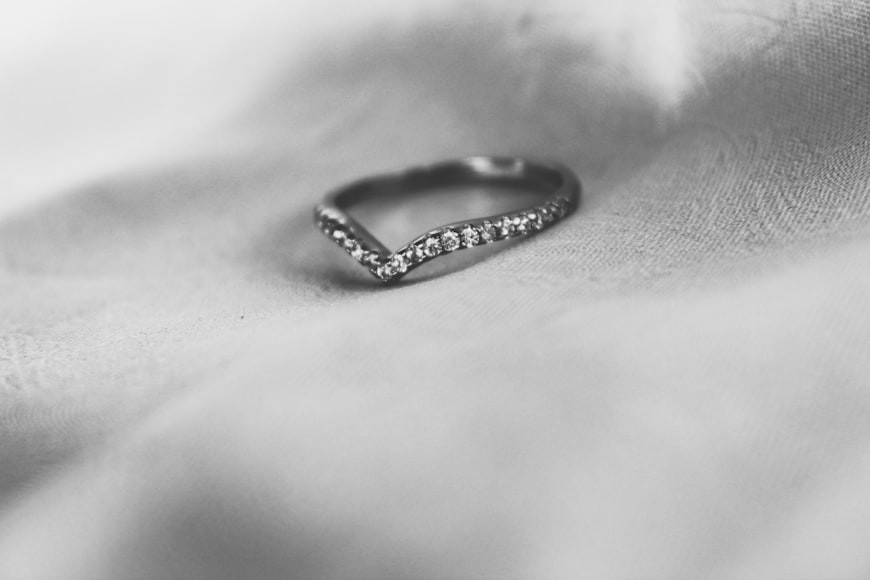The definition of ‘privacy’ has been changing dynamically with the passage of time, thoug
The recent leaks of a celebrity’s private pictures online have led to debates on the right to privacy and relevant laws available in Bangladesh. Some are claiming that the ‘right to privacy’ is not applicable for celebrities, as they are public figures, and each and every happening of their life can become a subject of discussion by the general people. Alternatively, others are claiming that no one has the right to breach the secrecy of any individual’s personal life, even if that individual is a celebrity. But what do the laws of Bangladesh say about this particular issue?
The ‘right to privacy’ is an inseparable part of human life upholding his individuality and personal idiosyncrasies. Over time, this right has acquired the status of an inalienable human right in modern society. In general, every individual shall have the right to protect his/her privacy. This includes such personal information and tangible, intangible or intellectual property, the infringement of which clearly violates his/her right to personal liberty.
With the advancement of technology, the security of personal information and highly sensitive data has become vulnerable. The internet users are unaware of the purpose and consequence of sharing their own and other people’s information without consent, leading to the violation of the fundamental rights of individuals.
To understand the gravity of this statement we may refer to the Indian case of R Rajagopal v State of Tamil Nadu where it was held,
‘The right to privacy is implicit in the right to life and liberty guaranteed to the citizens of this country by Article 21. It is a right to be let alone. A citizen has a right to safeguard the privacy of his own, his family, marriage, procreation, motherhood, child-bearing and education among other matters. None can publish anything concerning the above matters without his consent — whether truthful or otherwise and whether laudatory or critical. If he did so, he would be violating the right to privacy of the person concerned and would be liable in an action for damages. The position may, however, be different, if a person voluntarily thrusts himself into controversy or voluntarily invites or raises a controversy.”[1]
As it can be clearly perceived from the above judgement, the right to privacy is guaranteed by Article 21 of the Constitution of India. Some questions that arise in this circumstance are – what does the constitution of Bangladesh say about this right? Is there any clear provision of law available to protect this right? Or do we need to formulate new legal provisions keeping in line with the emergence of modern technologies as well as digital crimes?
The answers to these questions will be provided in the following paragraphs. Though the words ‘right to privacy’ have not been mentioned expressly anywhere in the Constitution of Bangladesh, it can be clearly interpreted from the rights expressly provided and guaranteed by it. The Part III of the Constitution provides Fundamental Rights of the citizens which are protected under Article 26 and are enforceable by law. Nonetheless, Article 43 of the Constitution clearly recognizes the ‘right to privacy’. The article states,
“Every citizen shall have the right, subject to any reasonable restrictions imposed by law in the interests of the security of the State, public order, public morality or public health – (a) to be secured in his home against entry, search and seizure; and (b) to the privacy of his correspondence and other means of communication.”[2]
Here, in clause (a), the word ‘house’ is used to be referred to as the ‘privacy protected zone’ that entitles a person to have the right to ‘be secured against unreasonable searches and seizures’.[3] It also confers the fact that no other person has the right to make any defamatory or libelous headline about what a person does inside his own house as long as he is not committing any crime.
The word ‘house’ here is not only limited to home i.e. a place where a person resides. It also includes any place of privacy where reasonable amount of confirmation exists of not disclosing any incident happening inside the periphery of that place to be disclosed outside. In 2011, a writ petition was filed in the High Court Division by the Bangladesh Human Rights Foundation regarding the matter of placing CCTV cameras in women’s parlors. The High Court Division bench comprising Justice Farid Ahmed and Justice Sheikh Hasan Arif ordered the authorities concerned to remove all the cameras from the women’s beauty parlors as it violated the right to privacy of the consumers.[4]
Again, clause (b) of Article 43 talks about the right to privacy of correspondence and other means of communication. It refers to the privacy of letters, telegrams, and other postal dispatches, as well as of telephone calls and other legal means of communication. This also includes the modern means of communication through the internet, social networking sites and messaging apps. In fact, this is the only provision under the Constitution where the word ‘privacy’ is specifically mentioned irrespective of the wordings ‘right to privacy’ as the subset of privacy of correspondence and other means of communication.[5]
To enforce the fundamental rights guaranteed by the Constitution, laws must be formulated under the relevant principle of this Article. We have certain national laws that have been enumerated with a view to protecting and preserving the right of privacy and personal life of the citizens.
Although the Constitution of Bangladesh does not expressly provide the certain ‘right to privacy of private life’, there are certain existing laws and references to case laws from various legal systems.
Before we proceed, it is important to understand the meaning of the terms ‘personal data’ and ‘private life’ from the view point of law. Sensitive personal data refers to such information where a person providing the data is required to give his/her explicit consent to the processing of that personal data and making it available for public use or for the use of a specific authorized person.
The term ‘private life’ has been defined in the case of X vs. Iceland[6]. Here, the European Court of Human Rights stated,
‘‘The right to respect for “private life” is the right to privacy, the right to live as far as one wishes, protected from publicity, however, the right to respect for private life does not end there. It comprises also, to a certain degree, the right to establish and develop relationships with other human beings especially in the emotional field, for the development and fulfillment of one’s own personality.’’[7]
Now, let us move on to the relevant national legislations available. Sections 122, 124, 126, 127 and 129 of the Evidence Act, 1872 recognizes the right to privacy in particular circumstances as outlined therein and prohibits the disclosure of any personal information without consent or authorization in these instances.
With a view to ensuring national digital security and forming laws regarding digital crime identification, prevention, suppression, trial and other related matters, the Digital Security Act, 2018 has been enacted.
Section 29 of the Act has been enacted to prevent the unlawful usage of any person’s personal information and sensitive data for defamatory purposes through any website or any electronic devices. The section also penalizes this act with a prison term not exceeding three (3) years or a fine not exceeding Tk.five (5) lac or both.
This law is made in tune with Section 499 of the Penal Code, 1860, which deals with the crime of defamation. This section implies that a person is said to ‘defame’ another person if he makes or publishes any imputation with an intention to harm, or knowing or having reason to believe that such imputation will harm, the reputation of such person by words, by signs or by visible representations.
Section 34 of the Digital Security Act also penalises hacking. The word ‘hacking’ means and includes to destroy, change, format or cancel any information of the computer data storage or damaging it without ownership or possession. It also applies in cases of illegally entering and damaging any computer, server, computer network, or any electric system. The offender in such cases shall be sentenced to a prison term of 14 years, or with a fine not exceeding Tk.one (1) crore, or with both.
The celebrity victim whose Facebook page got hacked and whose sensitive and private information got leaked, can take legal actions under the above mentioned laws. S/he can take action under Section 34 of the Digital Security Act, 2018 for hacking into their social media pages. Next, s/he can take resort to Section 29 of the same Act, which penalizes the act of making the private information of someone viral on the internet for defamatory purposes.
The virtual perpetrators must be brought to book for ensuring justice to the victim and for setting a strong precedent for the application of the law in such circumstances. This will go a long way in ensuring that nobody’s private photos are leaked online by hackers for some cheap publicity and with the intention to create unrest in their lives.
References
- The Information and Communication Technology Act, 2006 (Act No. XXXIX of 2006)
- The Digital Security Act 2018 (Act No. XLVI of 2018)
- The Evidence Act, 1872(Act No. I of 1872)
- The Constitution of The People’s Republic of Bangladesh
- Personal Data Protection Laws Concerning Bangladesh; Himaloya Saha, Saquib Rahman; IOSR Journal Of Humanities And Social Science (IOSR-JHSS)
- Volume 20, Issue 8, Ver. II (Aug. 2015), PP 34-43
- Right To Privacy: Is it a Fundamental Right in the Bangladesh Constitution? Journal of Asian and African Social Science and Humanities, Vol. 1, No. 1, 2015, Pages 1-7
- The Right To Privacy In Bangladesh In The Context Of Technological Advancement; Sadiya S. Silvee and Sabrina Hasan
Footnotes
[1] 1995 AIR SC 264.
[2] Article 43 of the Constitution of People’s Republic of Bangladesh
[3] Poe et al. vs. Ullman, State’s Attorney (1961) 367 U.S. 497
[4] News editor. (2011), Persona CCTV Probe Time Extended, bdnews24.com, 10 October
[5] The Right to Privacy in Bangladesh in the Context of Technological Advancement by Sadiya S. Silvee and Sabrina Hasan
[6] X vs. Iceland (1976) ECHR 7, (1976) 5 DR 86
[7] ibid
━━┅━━━┅━━
Copyright: Any unauthorized use or reproduction of Bangladesh Law Digest (BDLD) content for commercial purposes is strictly prohibited and constitutes copyright infringement liable to legal action.












well written. the explanations of every sections and laws were too easy to understand. Carry on Madam